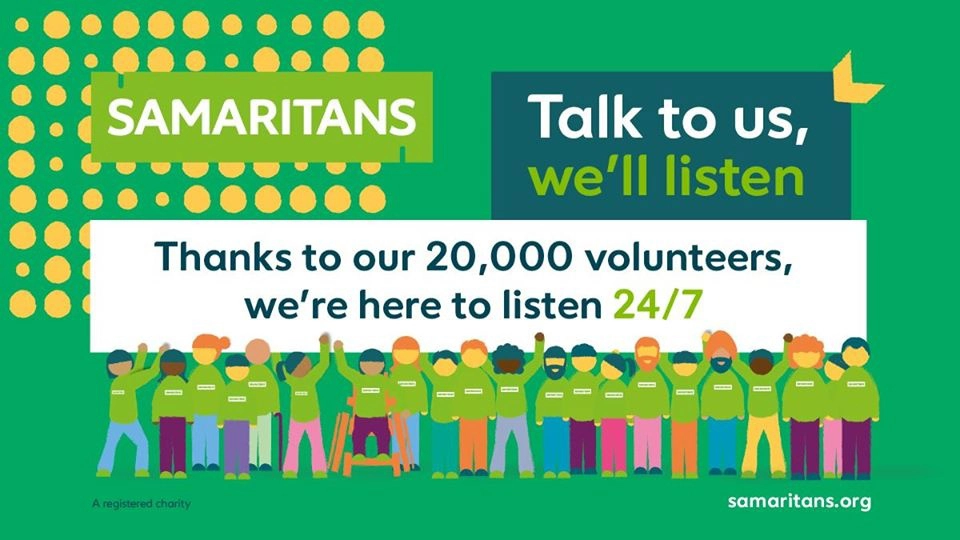Great post mate. When you get a chance can you post about your research, particularity the area of receptor imbalance ?.
Could please post in plain English as much as possible for the sufferers on here . I know from my own experiences of depression / anxiety, that I found it extremely difficult to read jargon heavy med speak due difficulty with concentration which came about as a result of my condition / meds

OK I may get a bit technical, so I will try to make analogies so it's easy to understand.
As modern medicine stands, there is general consensus that the affected receptors in the brain (when it comes to depression, of course... as well as other disorders) are norepinephrine, serotonin, dopamine. Before I get into what we think they do, we should probably go over what receptors are and what they do.
Back in the day, we used to think brain cells dictated how we felt. We now know brain cells, for the most part, make up the tissue parts of the brain (in other words, the pink meat). It's the chemicals (what we call receptors) that dictate our feelings.
I'd like to stop right here and remind everyone that this is based on theory and research. I know many people who think I am blaspheming and only promoting big pharm and big medicine's view on psychology and psychological treatment. However, I am one to always concede to the professionals' (psychologists, psychiatrists, and other doctors) general consensus.
That being said, think of these chemicals as notes in music. In music, you have to find a balanced amount of notes to create a cord, or a nice melody, or whatever. You can't just place a bunch of notes down and say hey here is my masterpiece. The brain works similarly. Not all of the brain's receptors are actively stimulated. It depends on the situation you are in. But many receptors are in play at once in the brain: some more at some times than others.
In general, dopamine is the "reward receptor." Dopamine is also heavily affected by drug use. A dopamine imbalance is usually incarnated in a depressed person in the following way: not being excited to eat his or her favorite food, not excited to go to a football game, not excited to see a movie, go out, etc.
Norepinephrine is essentially adrenaline, but in your brain. It's the "stressful situation receptor."
Serotonin is a receptor that is involved in many normal body functions: mood, eating, sex, aggression, and sleep. Not sure what the research is on insomnia and depression, but I can't find it too hard to imagine that both are linked in some situations.
There are several things researchers have noticed about receptors. 1) There were many many more than originally thought, and there is still more to know about them (e.g. there is some research that suggests there is another receptor at play in depression - glutamate... but that's a whole other topic for a whole other time). 2) High levels in receptors will end up withdrawing into low levels over time. Think of it like what happens in a tsunami. The shoreline, before a tsunami, goes out far into the ocean. That line recedes much farther than normal. But that's because what is coming is an enormous tsunami. In other words, an intense, say, serotonin stimulus, for example, will result in an intense serotonin withdrawal. This is what happens when you have MDMA withdrawals.
We also know about things like re-uptake (which, again, is stimulated when taking MDMA) and the sort. Again, this is another concept that we can go on and on about. But what I am trying to hammer home is that how receptors behave is very complex. Many are at play all at once in the brain. Certain receptor levels fluctuate more at different times than others that may be higher (or lower) than others. Etc. etc. So it's like a big science lab rig with different substances in the different tubes running at different levels from one way to the other. It's a crazy, fluctuating, environment. And it's all dictated by electricity, or synapses. Another thing we can go on and on about.
I'm no medical expert, so I may have some inconsistencies in my analogies and understanding. My scope of analysis may also be different from someone who may like more macrocosmic or microcosmic points of view. I just feel I am describing how I was made to understand, and how someone in the same position as myself would understand. I am happy to help explain anything to the best of my ability.
I am also willing to meet up over a beer in several weeks for those in Liverpool. I will be there for match against Man U.












